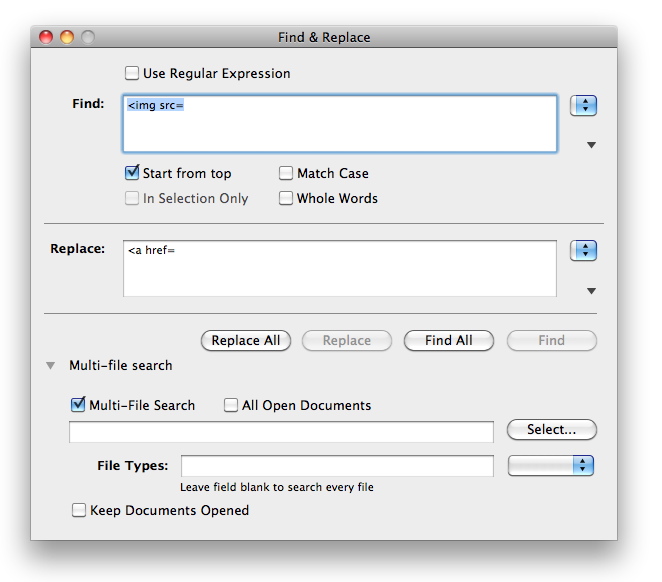

Thus, scripts like sed 's/\n//' file # to delete newlines from each line Pattern space is entirely or partially deleted with 'd' or 'D', the Is printed, appends a newline to stdout (or to a file). The sed script can address or change it, and when the pattern space Terminating newline, puts what is left into the pattern space where Sed works like this: sed reads one line at a time, chops off the The 'N' command or something similar (such as 'H. To get 2 or more lines into the pattern space, use Newline is always stripped off before the line is placed into the The \n will never match the newline at the end-of-line because the Sequence? Why can't I match 2 or more lines using \n?

Why can't I match or delete a newline using the \n escape Other alternative like "echo $(< file)" is slow, works only on small files and needs to process the whole file to begin the process.ĥ.10. With awk, tr-like speed awk 1 ORS=' ' file With paste, tr-like speed, can replace by one character only paste -s -d ' ' file With tr, faster than sed, can replace by one character only tr '\n' ' ' < file With perl, sed-like speed perl -p -e 's/\n/ /' file With bash, slow while read line do printf "%s" "$line " done < file Sed will loop through step 1 to 3 until it reach the last line, getting all lines fit in the pattern space where sed will substitute all \n charactersĪll alternatives, unlike sed will not need to reach the last line to begin the process s substitute, /\n/ regex for new line, / / by a space, /g global match (as many times as it can).$! if not the last line, ba branch (go to) label 'a'.N append the next line to the pattern space.For a simpler and adequate solution see this answer.įast answer sed ':a N $!ba s/\n/ /g' file Here is cross-platform compatible syntax which works with BSD and OS X's sed (as per comment): sed -e ':a' -e 'N' -e '$!ba' -e 's/\n/ /g' fileĪs you can see, using sed for this otherwise simple problem is problematic. Finally the substitution replaces every newline with a space on the pattern space (which is the whole file).This is necessary to avoid executing N again, which would terminate the script if there is no more input!). If we are before the last line, branch to the created label $!ba ( $! means not to do it on the last line.Append a newline and next line to the pattern space via N.sed starts by reading the first line excluding the newline into the pattern space.Additional substitutions can be simply appended if needed. This will read the whole file in a loop ( ':a N $!ba), then replaces the newline(s) with a space ( s/\n/ /g).

Use this solution with GNU sed: sed ':a N $!ba s/\n/ /g' file


 0 kommentar(er)
0 kommentar(er)
